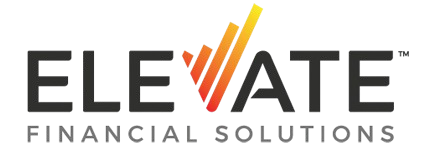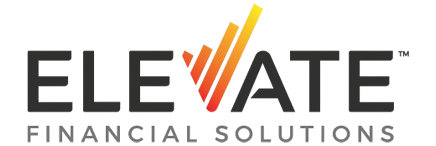Related Links
- Tracker Mortgages
- Standard Variable Rate Mortgages
- Self Employed Mortgages
- Second Properties
- Second Charge Mortgages
- Retirement Interest Only Mortgages
- Remortgaging
- Offset Mortgages
- Mortgage Repayment
- Limited Company Lending
- Let-To-Buy Mortgages
- Introduction To Mortgages
- Holiday Let Mortgages
- High-Value Mortgages
- Fixed Rate Mortgages
- First Time Buyer
- Cashback Mortgages
- Buy-to-let
- Bad Credit Mortgages
Very efficient and helpful customer service. I would definitely recommend.
D. Bubb 2025
The team at Elevate if very professional and efficient. They are very quick to respond to all sort of queries (sometimes stupid queries too). I cant recommend them enough.
A. Singh 2025
Julie and Ben were very helpful and responsive during my mortgage application. I would recommend them. James
J. Barrass 2025
Absolutely wonderful service - always communicative and brilliant expertise with a tricky mortgage situation. I can't recommend more highly. Have gone back again and again and always so helpful.
N. Melhem 2025
First class service as always. Informative and supportive. You give expert advice and guidance and are a wonderfully friendly and helpful team. Thank you
A. Damany 2025




